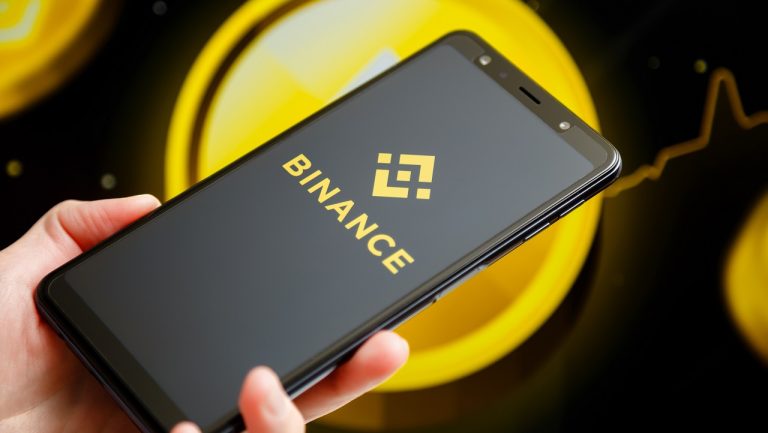
Cryptocurrency exchange Binance has reconsidered a decision to delist some privacy tokens in several European markets. The leading coin trading platform will continue to offer trading in these digital assets after revising their classification to comply with EU regulations.
Binance to Continue Support for Certain Privacy Coins Despite Earlier Intentions to Remove Them
The world’s largest crypto exchange by trading volume, Binance, has decided to reverse a plan to delist privacy-oriented cryptocurrencies in several EU jurisdictions. The move comes after the company received feedback from some of the projects and traders.
Last month, Binance informed customers it intends to remove 12 privacy coins in France, Spain, Italy, and Poland. Those set to be delisted on June 26 were dash (DASH), verge (XVG), beam (BEAM), monero (XMR), navcoin (NAV), firo (FIRO), horizen (ZEN), secret (SCRT), zcash (ZEC), pivx (PIVX), decred (DCR), and mobilecoin (MOB).
At the time, the exchange cited local regulatory requirements in these four markets that prevent it from offering privacy-enhanced cryptocurrencies, such as the obligation to monitor transactions of listed coins. In a statement quoted by crypto media, the exchange now indicated it has revised the approach to their classification:
After carefully considering feedback from our community and several projects, we have revised how we classify privacy coins on our platform to comply with EU-wide regulatory requirements.
Trading in some of the tokens, namely monero, beam, mobilecoin, firo, and horizon, will remain restricted, told users. Other projects, such as Verge, already notified their communities that their coins will not be affected. Secret Network confirmed in a tweet that its token will not be delisted, along with six other privacy-focused cryptos.
The European Union is preparing to implement the recently adopted Markets in Crypto Assets (MiCA) law. Besides this comprehensive regulatory package, European lawmakers also approved additional legislation ensuring that crypto transactions can “always be traced” by applying the so-called ‘travel rule’ to digital assets.
Finding itself under increased regulatory scrutiny lately, including a legal battle with the U.S. securities regulator over the status of some of the coins it lists, Binance recently pulled out of the Dutch market, applied for deregistration in Cyprus, and cancelled its U.K. authorization to focus on fewer regulated entities in Europe.
Do you think the EU’s new crypto regulations will ultimately prevent the trading of privacy coins in Europe? Share your thoughts on the subject in the comments section below.
from Bitcoin News https://ift.tt/iEwpTqS
Comments
Post a Comment